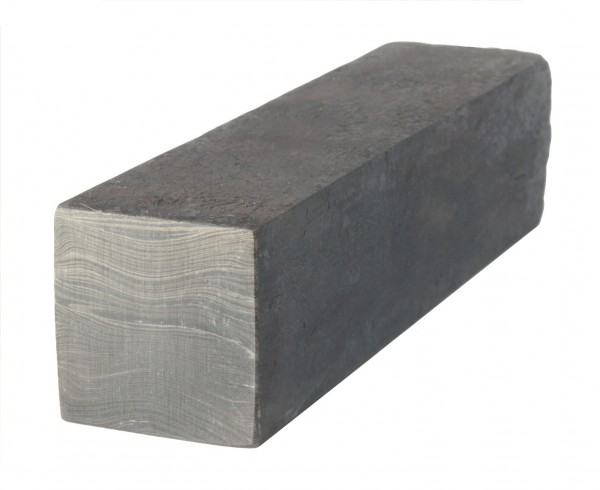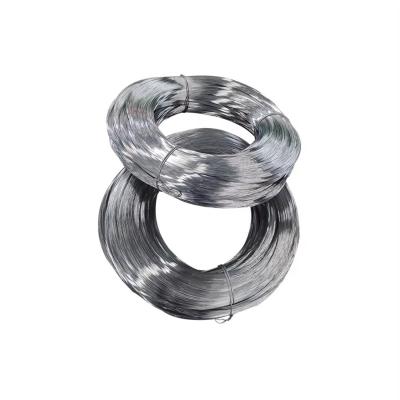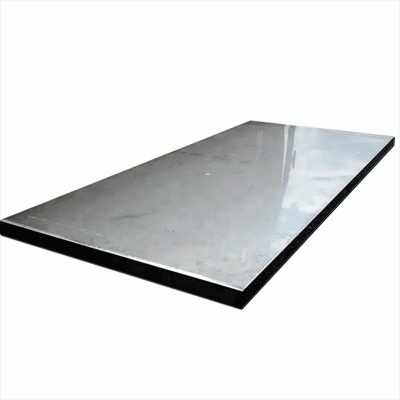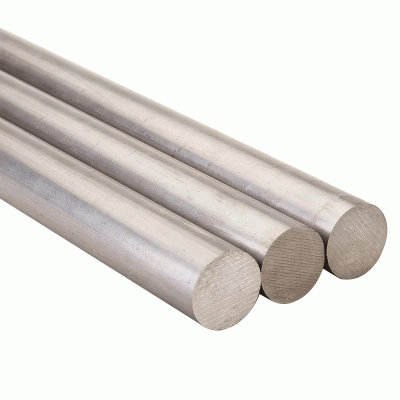Damascus steel
Damascus steel, also called damasked steel, one of the famous steels of the pre-industrial era, typically made into weapon blades. Manufacture involved a secret carburization process in which a form of wrought iron was heated to red heat in contact with various carbonaceous materials in closed vessels. The result was an iron-carbon alloy containing as much as 1.8 percent carbon. It is probable that the carburized product was then annealed to dissipate some of the carbon before being hammered into bars for later fashioning into articles such as swords.
Damascus steel is characterized by exceptional hardness and by a watered, streaked appearance caused by the varying carbon levels of the original material. Sometimes a single bar is welded up from various kinds of steel. The bar is doubled over, welded, redoubled, and rewelded until the various layers of steel become intertwined, and it is then worked out to form the blade. The patterns that result after quenching and finishing are distinctive and complex. Damascus blades are judged largely by their watering, which serves as a guide to the quality of the steel.




